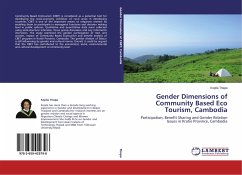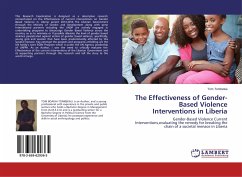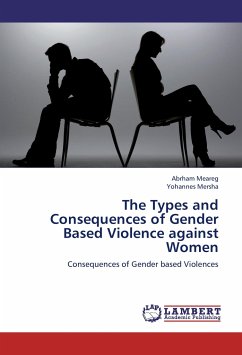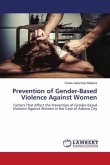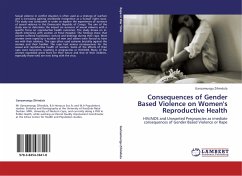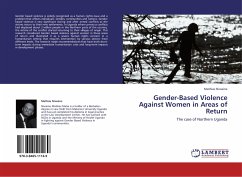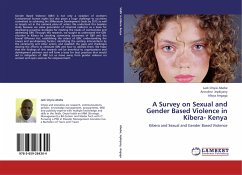Cambodia has gone through a bloody history of war and genocide in a not so distant past. International Development Agencies are playing a huge role in rebuilding the country and its civil society. The enormous presence of expatriate development workers and the distinctive cultural and historical aspects of the country make the study of communication issues between expatriate and local development collaborators imperative. This research offers insights into the barriers that prevent dialogical communication between the two. With a focus on gender and domestic violence areas where the role of international agencies is immense this research reveals the incongruence between strategies that are designed by expatriate advisers and the beliefs of the local practitioners who are responsible for implementing them. In the absence of open communication this incongruence remains unresolved leading to conflicting discourses and frustration on both sides. The book underscores the need for local and expatriate practitioners, in Cambodia and elsewhere, to reflect upon barriers to communication and find ways to arrive at more trusting relationships.
Bitte wählen Sie Ihr Anliegen aus.
Rechnungen
Retourenschein anfordern
Bestellstatus
Storno


